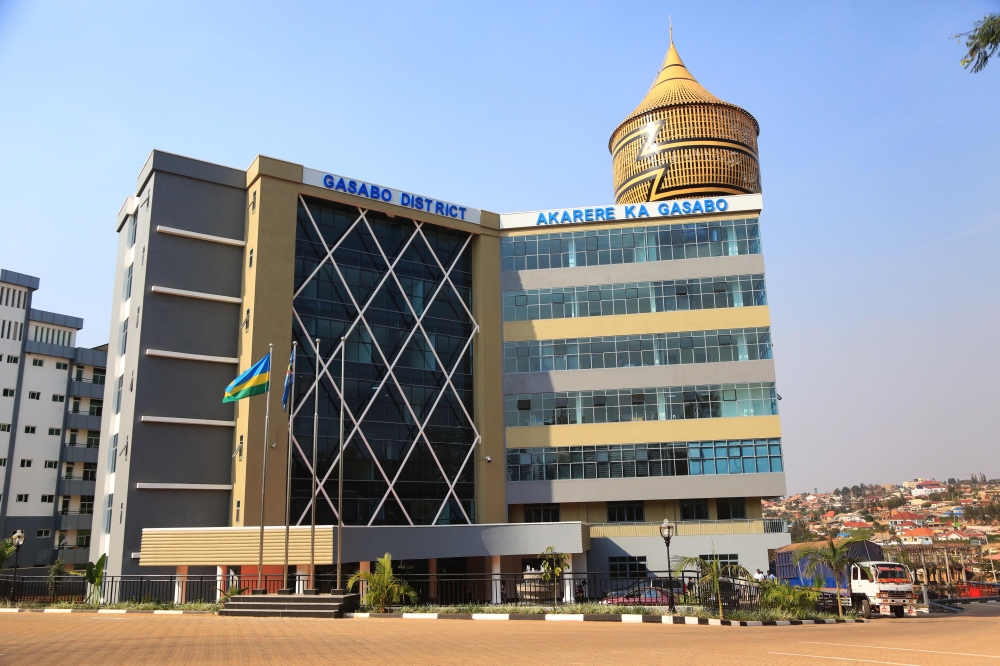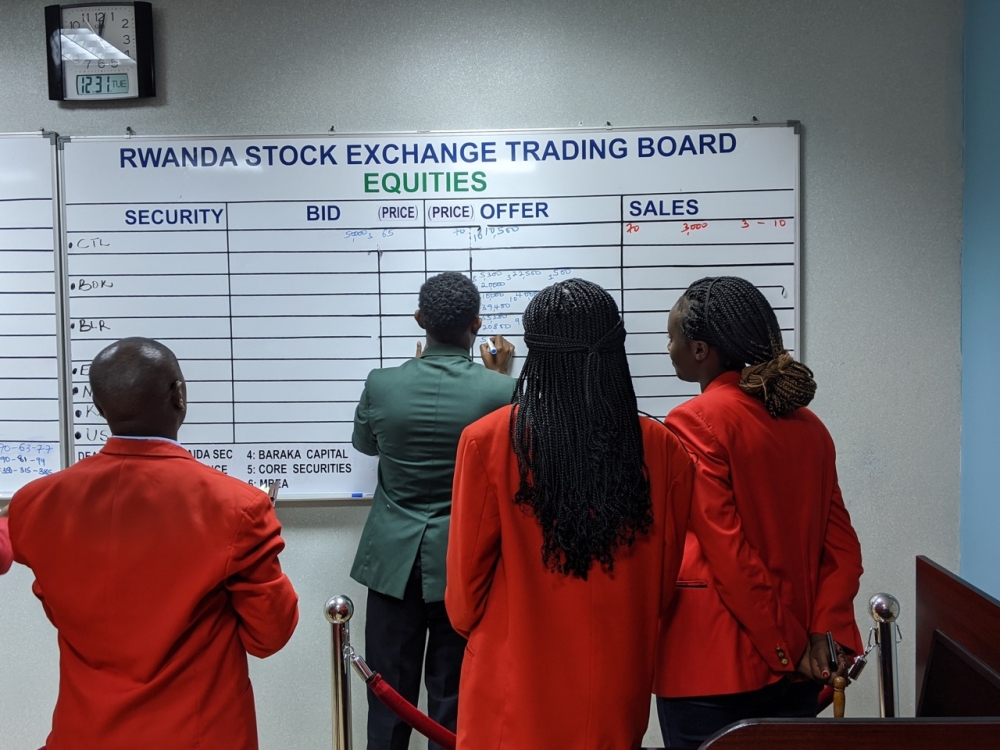Neither the United Nations nor the African Union can impose its will on Sudan, President Omar al-Bashir said on Thursday, after fresh fighting along the border with South Sudan.


Neither the United Nations nor the African Union can impose its will on Sudan, President Omar al-Bashir said on Thursday, after fresh fighting along the border with South Sudan."We will implement what we want and, what we do not want, no one can impose upon us – neither the UN Security Council nor the African Union Peace and Security Council,” Bashir said.He was referring to a May 2 UN Security Council resolution calling for Sudan and South Sudan to cease hostilities along their border and settle unresolved issues after the South’s separation last July following a 1983-2005 civil war.The remarks were Bashir’s first about the resolution, and came a day after Sudan’s army said it had fought with South Sudan along the disputed border on Wednesday, while the South said it came under renewed Sudanese air attack, violating a four-day-old UN-imposed ceasefire.The UN resolution also ordered Sudan and South Sudan to pull troops back from their disputed frontier, effective Wednesday May 9, but Khartoum said it could not comply until there was a border agreement.Bashir made his comments in an address to about 1,000 oil industry workers marking the "liberation” last month of Sudan’s main oil region of Heglig, which South Sudan occupied for 10 days in a move coinciding with waves of Sudanese air raids against the South, leading to fears of a wider war.Khartoum’s foreign ministry said last Saturday that it confirmed in writing to the UN Security Council and the African Union its commitment to stopping hostilities under the UN resolution.But it also told them that Sudan had certain reservations "which may create some difficulties in fully implementing” it, a ministry statement said without elaborating.The South’s government also pledged to seek peace after the UN threatened sanctions if both sides did not stop fighting by last Friday evening.The UN said the situation along the Sudan-South Sudan border "constitutes a serious threat to international peace and security.”On Wednesday, the army in Khartoum said it had expelled South Sudanese troops and their rebel allies from two areas, Kafindibei and Kafia Kingi, in South Darfur state across from the South’s Western Bahr el-Ghazal state.Sudan’s foreign ministry has previously described Kafindibei and Kafia Kingi as disputed.Earlier on Wednesday, Southern army spokesman Kella Kueth said Sudan had been "randomly bombarding civilian areas,” in the border states of Upper Nile, Unity and Western Bahr el-Ghazal on Monday and Tuesday.It was not possible to independently confirm his allegation and Sudan has repeatedly denied bombing the South.South Sudan’s army confirmed, however, that Kafindibei had been captured by Sudanese troops backed by air support on Monday.The incident is the first confirmed violation after the cessation of hostilities took effect.While Khartoum announced last week that it would honour the ceasefire, it accused South Sudan of continuing aggression by occupying disputed points along the border and warned that if they did not withdraw, they would be forced out in an act of self-defence.Kueth said his forces were not involved in the Darfur border clashes, saying they were between Khartoum’s army and northern rebels.Sudan accuses the South of backing insurgents in Darfur as well as those fighting in Sudan’s South Kordofan and Blue Nile states.Juba rejects the claims, and in turn accuses Khartoum of backing rebels on its territory.The UN resolution calls on both sides to stop supporting insurgents on the other’s territory.In his address on Thursday, Bashir said the South’s government had talked of wanting to overthrow his regime. If that is their aim, he said, Sudan will work to topple the Southern government too.Bashir previously called the Juba government an "insect” that must be eliminated."And if they support rebels, we will support rebels. We are going to treat them with equality,” he told the oil workers. The UN requires that by next Wednesday the two countries "unconditionally resume negotiations”, mediated by the African Union, on unresolved issues including oil payments, the status of each country’s citizens resident in the other, disputed border areas and the contested Abyei region.But Bashir said that if security matters are not first resolved, Sudan "will not negotiate about any issues.”




